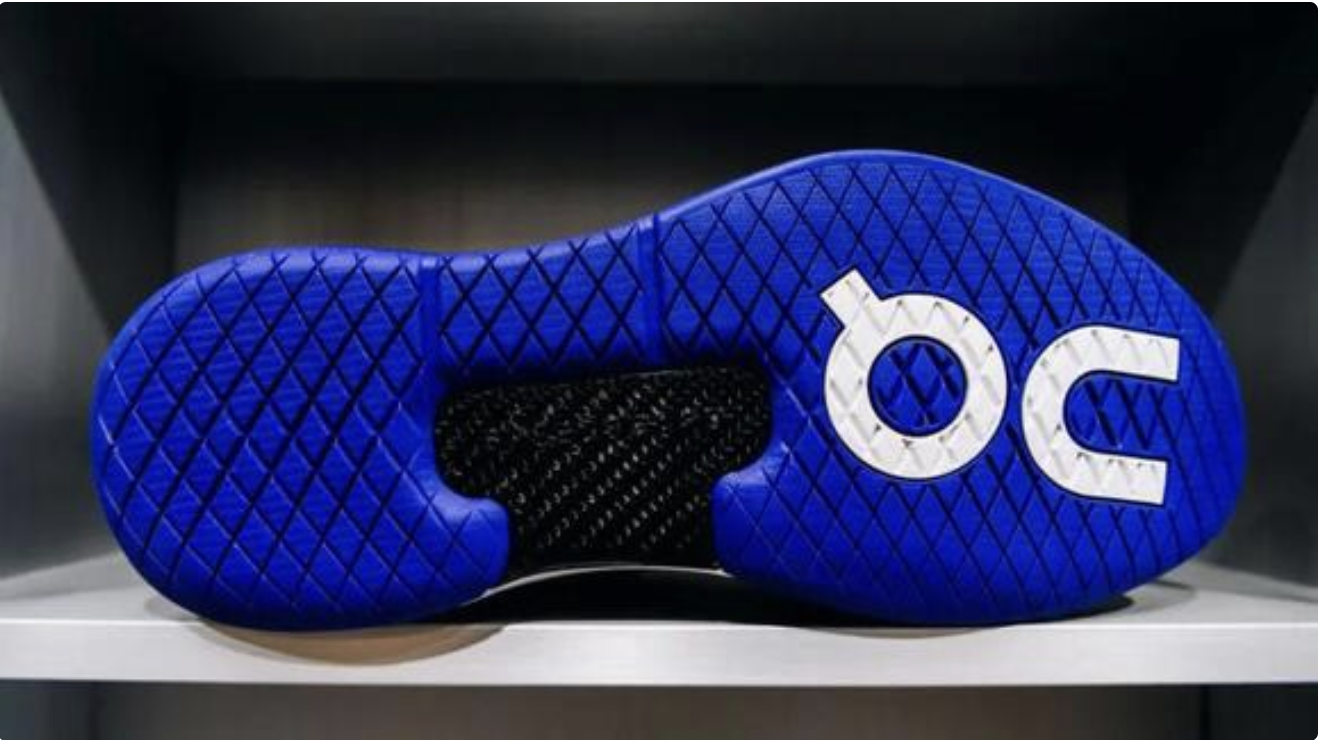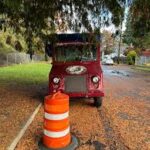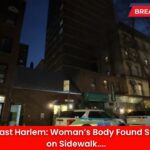Swiss athletic shoe manufacturer On Inc., known for its trendy “CloudTec” sneakers, is facing a class action lawsuit from U.S. consumers who claim the company’s high-end shoes produce an “embarrassing and persistent squeak” that makes them unwearable.
The lawsuit, filed last week in federal court in Oregon, alleges that On’s flagship design — featuring a hollow, cloud-like sole — has a manufacturing flaw that causes the shoes to squeak loudly with each step. Customers say the company failed to disclose the defect and refused to repair or replace affected pairs under its warranty.
A “Noisy and Embarrassing” Defect
According to court documents, the plaintiffs argue that On’s sneakers are plagued by a defect “that renders the product unfit for normal use,” with some shoes developing an audible squeak after only a few wears.
Also Read
“No reasonable customer would purchase shoes as highly priced as Defendant’s … if they needed to make DIY alterations to make the products wearable,” the complaint states.
One plaintiff reported that after wearing his On sneakers for three months, they began producing a squeak “with every step that he has been unable to stop.” Another plaintiff said her pair started squeaking after just three wears, leaving her too embarrassed to use them in public.
Both claim they would never have paid the premium price — roughly $150 to $200 per pair — if the company had disclosed the “noise defect.”
Design at the Center of the Lawsuit
The shoes in question feature On’s signature CloudTec sole, a lightweight cushioning system composed of small, hollow pods arranged in hexagonal or oval shapes. The design, promoted for its “explosive energy return,” is a key selling point in models like the Cloud X, Cloudmonster, and Roger Pro — named after tennis legend Roger Federer.
However, the lawsuit claims that this very design is to blame for the squeaking, especially when air or moisture becomes trapped in the sole’s cavities. Plaintiffs say the result is an unmistakable, high-pitched noise that can echo on hard surfaces, making the shoes impossible to wear “without drawing unwanted attention.”
On’s customer service representatives allegedly told multiple buyers that the squeaking issue “does not fall under warranty coverage.”
Online Complaints and DIY Fixes
Evidence cited in the lawsuit includes a flood of online reviews, Reddit threads, and TikTok videos documenting frustrated On customers sharing the same issue — and experimenting with fixes.
DIY solutions range from removing the insoles and inserting paper towels to sprinkling baby powder inside the shoes. Some users report temporary relief; others say the squeak always returns.
One Reddit user wrote, “I love the comfort, but I can’t wear these to the office — people hear me coming from down the hallway.” Another joked that they had to “retire their On shoes to the garage because they’re louder than my dog’s squeaky toy.”
Brand on the Rise — and Under Scrutiny
Founded in Zurich in 2010, On Inc. has rapidly grown into one of the world’s most recognizable running shoe brands, with global offices in Portland, Zurich, and Tokyo. Its focus on minimalist design and performance technology has helped it compete with giants like Nike and Adidas.
Earlier this year, industry analysts noted that On was outperforming both competitors in sales growth, driven by celebrity endorsements and expanding retail partnerships.
But this lawsuit threatens to tarnish that momentum, especially as the “squeaky shoe” issue gains traction online.
When contacted for comment, a company spokesperson said On “does not comment on ongoing legal matters.”
What the Plaintiffs Want
The plaintiffs are seeking class action status on behalf of all U.S. customers who purchased CloudTec sneakers, as well as damages and reimbursement for what they call the “price premium” paid for defective products.
They also want On Inc. to acknowledge the defect and either repair, replace, or refund affected shoes — and to clearly warn future customers about the potential for excessive squeaking.
As of now, no court date has been set. But the case underscores a growing challenge for premium footwear brands: when your shoes are marketed as cutting-edge performance gear, even the smallest noise can make a lot of legal noise.












